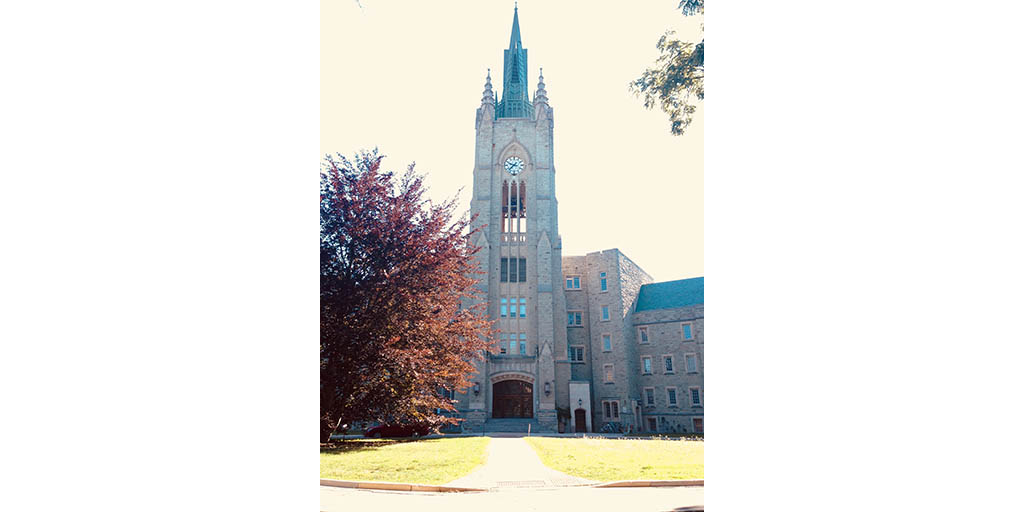Western University to begin offering pass/fail credit option in the fall
 CREDIT: NICHOLAS TIBOLLO
CREDIT: NICHOLAS TIBOLLOWestern will be joining several other Ontario universities that have recently began offering analogous, ungraded courses.
Come September, students at Western University will be able to take up to 1.0 pass/fail courses as part of their degree, according to the Western Gazette.
The courses, which will be designated as “discovery credits”, are meant to encourage intellectual exploration without the fear of having a poor mark tarnish an otherwise respectable Grade Point Average (GPA).
Western will be joining several other Ontario universities that have recently began offering analogous, ungraded courses. Queen’s University, for example, has allowed students to take “personal interest credits” since the fall of 2016.
“I think it’s a great idea. Along with allowing for more academic opportunities, pass/fail credits can relieve some of the stress that comes with the current grading scheme,” Western alumna and Fanshawe public relations – corporate communications student, Lindsay Finlay, said.
There are a number of stipulations surrounding the university’s new option, however.
Undergraduates can take “discovery credits” to fulfill breadth requirements, but they cannot be used to fulfill the mandatory course requirements of any given module. What is more, only upper-year students can take advantage of the pass/fail alternative and certain faculties, such as music, engineering, and nursing, will not be participating in the new policy.
In addition, some graduate programs and professional schools may be reluctant to include a pass/fail credit in the overall evaluation of a candidate. Thus, as the Western Gazette reports, students are advised to take caution during course selection.
The University Senate, with tremendous input from students, made the official ruling at their March 16 meeting.
No plans are currently in the works at Fanshawe to introduce a pass/fail policy. Though, any academic decision made by the college would include feedback from students.
“All of our academic policies (including our grade policy) are developed in partnership with faculty and students, and always require endorsement at our College Council (a group that includes students, faculty, administrators and support) before being approved,” Gary Lima, Fanshawe’s senior vice president [of] academic services said.
In Canada, universities and colleges are distinct educational institutions. Although not quite as cutand- dry as in the past, the former relies more on theory, while the latter tends more toward practicality.
“Our curriculum is developed in partnership with industry and is very different and more career-oriented than university,” Lima said.
It simply may not be feasible to offer the option in a college environment; where knowing how to precisely complete a task or honing a specific skillset is imperative.
A pass/fail grade in a course on 20th century French philosophy is perfectly acceptable, but would be entirely inappropriate for a course on aircraft maintenance. One does not need a precise measure of competence to successfully debate Foucault’s post-structuralism. Though, it is essential that the people set to repair a plane’s turbine are properly vetted and meet certain technical standards.
Undoubtedly, this is why the more practical and professional faculties at Western, such as engineering and nursing, will not be introducing a pass/fail option.
With many of its programs geared toward gaining applied skills, it is unlikely that Fanshawe will follow in the footsteps of its sister school any time soon.














